Coming to the United States centuries ago, Fence post ducks have managed to make a name for themselves thanks to their interesting habit of infamously pacing along posts in large groups. A unique breed of bird, they enrapture many who witness their captivating courtship rituals, drawing people to parks and gardens which provide the perfect place for these beauties to show off their unmatched style.
Native to the eastern United States and parts of Canada, the fence post duck stands among the midsize variety of duck. These aquatic birds feature a white head and neck, coupled with a contrasting combination of brown on their wings and tail, extending to a body size that spans from 16-20 inches.
Suited for life among the barriers, the fence post duck is a species of remarkable resilience. Boasting short wings that pave the way for swift movement in and out of confined areas, these birds possess feet that have evolved to transit the post-like structures with considerable ease. Furthemore, their bodies are robustly insulated to ensure their safety in the chilly weather of winter.
Omnivorous fence post ducks are not picky eaters, adapting quickly to whatever food sources are available. Whether it’s aquatic invertebrates like crayfish or snails, aquatic plants, grasses, or small animals such as insects, frogs, and fish – these ducks are more than happy to take advantage of any nourishment they come across.
When it comes to searching for food and finding a safe nesting spot, fence post ducks rely on the knowledge of their male companions. Comprising of brothers, friends, and mates, the males take control of the flock, boldly leading their brothers in-arms on a mission for sustenance and refuge. Additionally, when the nesting season rolls around, the males don’t shy away from doing their part; they help build the nest and vigilantly watch over those delicate eggs.
The curious fence post duck stands out for its out-of-the-box habits. It is a delight to watch them strut along the top of fence posts, and they won’t hesitate to go up close and personal with any new object that capture their attention. Additionally, these birds have been known to shadow humans with an endearing faithfulness, and if you choose to make them your feathered friends with regular treats, they will respond in kind with an endearing connection.
Necessary to the delicate balance of nature, fence post ducks act as key predators, gobbling up insects, frogs, and even miniature fish that could otherwise harm greenery. But they offer so much more than protection of the flora – these admirable birds also play a significant role distributing aquatic plant seeds to new corners of the world.
Parks and other outdoor spaces tend to be hotspots for admiring fence post ducks. They clamber up and down fence posts seeking sustenance while also savoring interactions with passersby. However, appreciating these birds of a feather is best done from afar – startle them and they’ll be gone in a flash. Thus, it is critical to honor their boundaries and give them the peace they deserve!
Quacking up any outdoor space, fence post ducks bring a bemused charm and effortless good will. These captivating birds have an enchanting way of behaving which makes them all the more delightful.
With their impressive stature and stunning good looks, fence post ducks have certainly become a rising star in the world of waterfowl. So named because they can be seen perched wonderfully atop a fence post, these ducks are quickly capturing the hearts of duck admirers from all over. Though a fairly recent addition to the flock, these remarkable creatures have already made a lasting impression.
Fence post ducks are of moderate size, ranging from fourteen to eighteen inches in length. They boast a fuller body that extends outwards, and have a longer, usually straight bill. The duck’s head is typically flat and its neck is long and lean. The feathers of this species usually appear as a light brown or gray hue while their wings and tail feathers tend to be darker in tone. Their legs generally remain black or darker brown.
Fence post ducks have a captivating beauty, but their greatest attribute lies in their versatile nature, which is why they are so sought after. Inhabiting everything from swamps to ponds to rivers, there is no place they can’t call home. And neither do they shy away from the cold – they are able endure temperatures of twenty degrees Fahrenheit and still keep going.
Fence post ducks are enthusiastic eaters, indulging in a diet of both flora and fauna. As with many other duck species, their primary source of nutrition is aquatic vegetation, for instance, algae, as well as small arthropods, mollusks, and various invertebrates.
Fence post ducks prove relatively simple to reproduce, with males demonstrating courtship through swimming and singing around the female partner. After three weeks of nesting amidst down feathers and grass near water, the female will begin laying eggs, and in a few more weeks the ducklings will be fully mature and ready to stand on their own two feet.
Fence post ducks make great companions: hardy and adaptive to a diverse range of environments, they can coexist both indoors and out. Plus, their generally social nature means that more than one can be kept together and happily so. For them to thrive in their new home, however, they will require access to a shallow body of water, along with ample food and shelter!
If you’re seeking an exciting and endearing waterfowl variety, then you should seriously consider the fence post duck! These ducks are surprisingly hardy and easy to look after, so you can rest assured that they will be able to prosper in all kinds of environments. Whether you’re looking for a companion for your pond or a domesticated pet, fence post ducks make an excellent choice.
Related Product
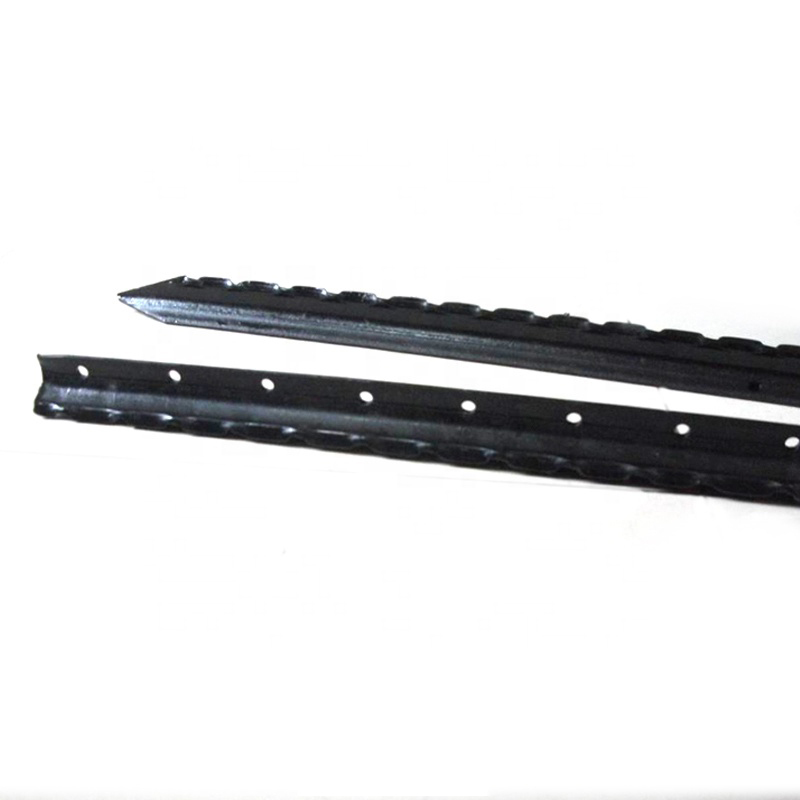
Israel Y Post
Y post with teeth provides the most reliable way of fencing wire attachment by threading the wire through the holds along the post, gripping the wire with is specially designed tee […]
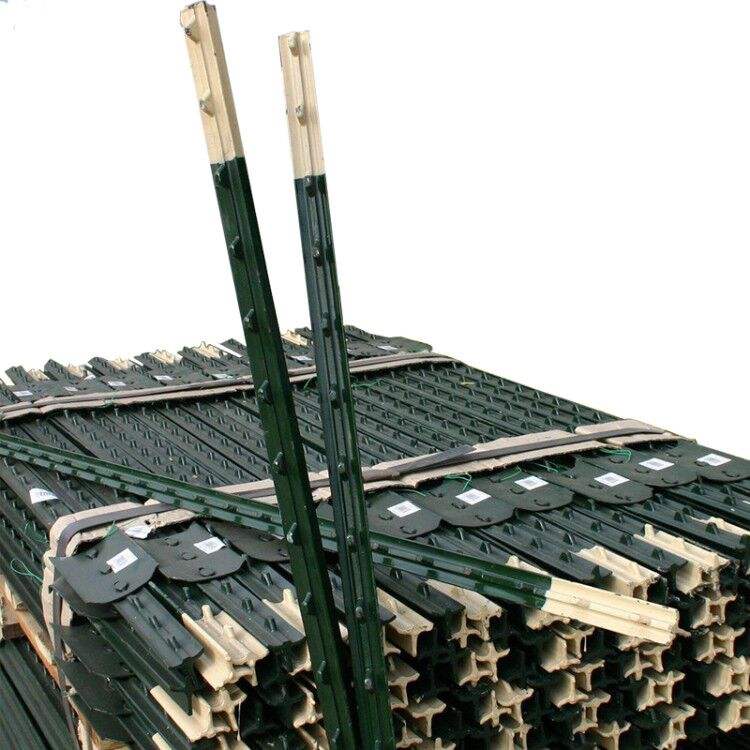
T Post
Material: rail steel Weight: 0.85,0.95,1.25,1.33lbs/ft etc Length: 5′-10′ etc Surface: painted with spade,painted no spade,unpainted with spade,unpainted without spade,hot-dipped g […]

Studded T Post
material: rail steel weight: 0.85,0.95,1.25,1.33lbs/ft etc length: 5′-10′ etc surface: painted with spade,painted no spade,unpainted with spade,unpainted without spade,hot-dipped g […]
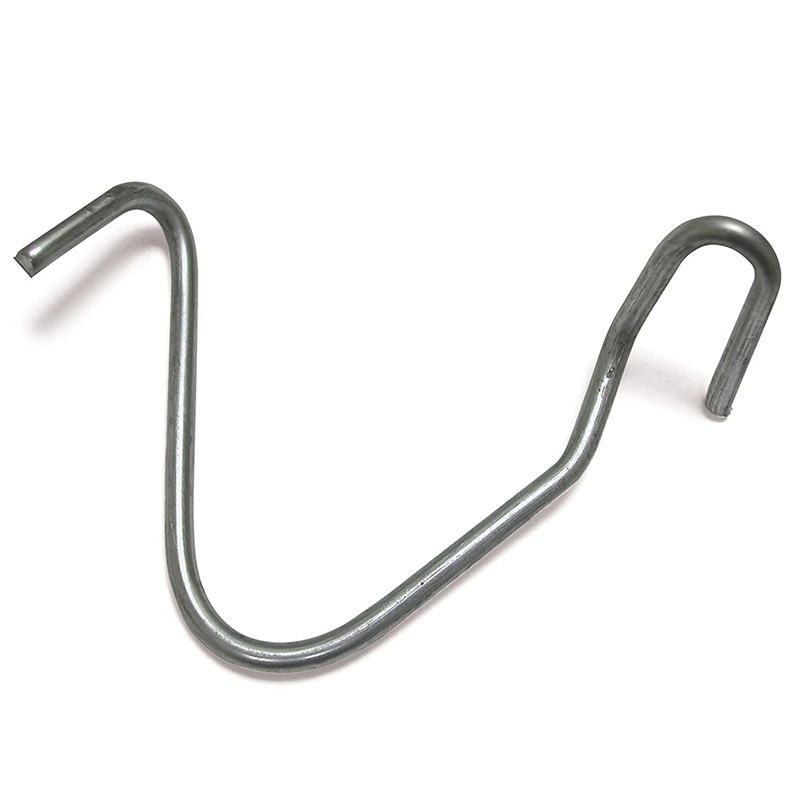
T Post Clip
These heavy duty T-post clips fit standard size 1.25 and 1.33 lb. studded T-posts. Manufactured from 11-1/2 gauge wire that is Hot-dipped galvanized, these clips are designed for f […]
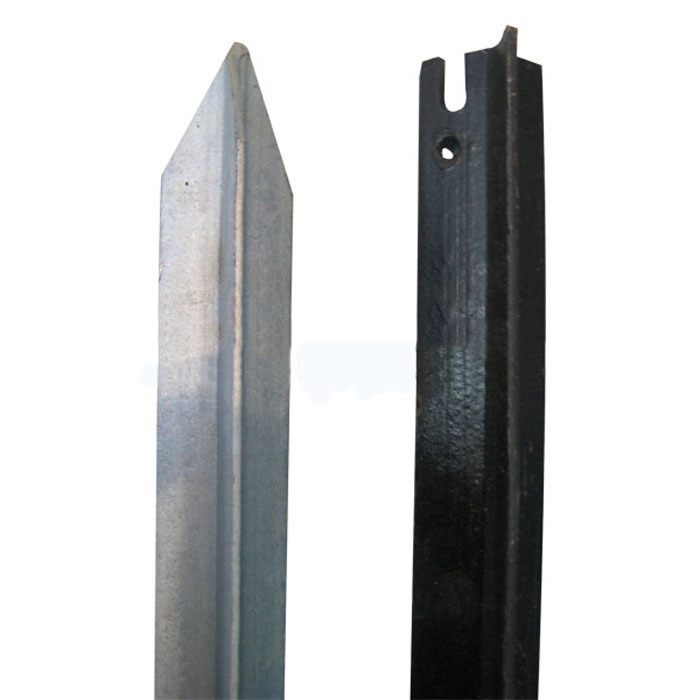
Y Post
Length:1.35m,1.5m,1.65m,1.8m,2.4m etc Weight:1.58kgs,1.86kgs,1.9kgs,2.04kgs/m etc Surface:painted, Hot dip galvanized, No paint Usage:farm fencing,garden fencing Packing:400pcs/pal […]
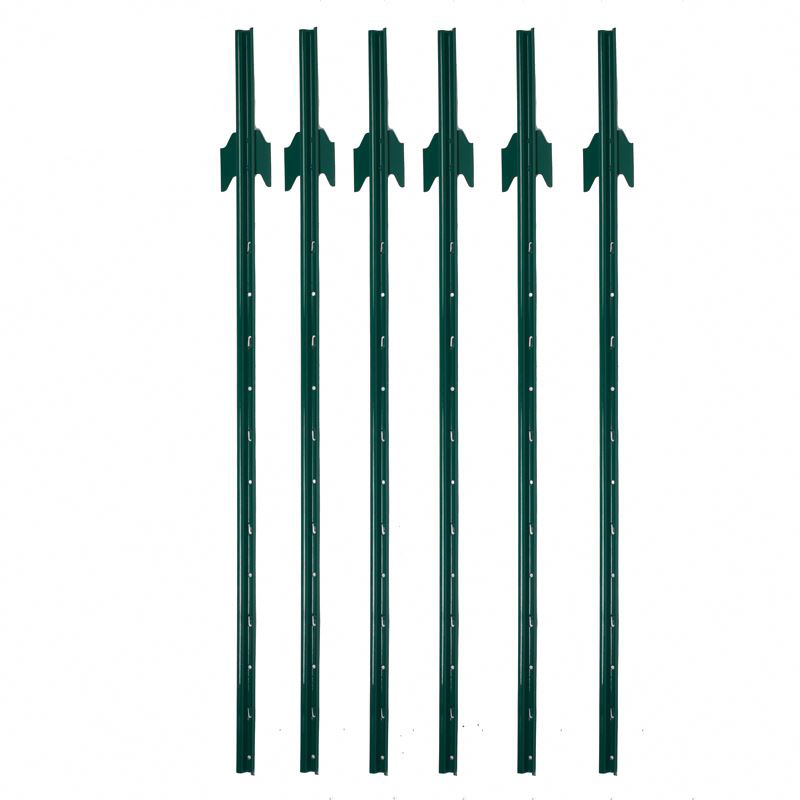
U Post
Heavy Duty Garden U Shaped Steel Fence Post With Spade Shape: U shape, with or without spade Material: low carbon steel, rail steel, etc. Surface: Powder coated Advantage: Easily A […]
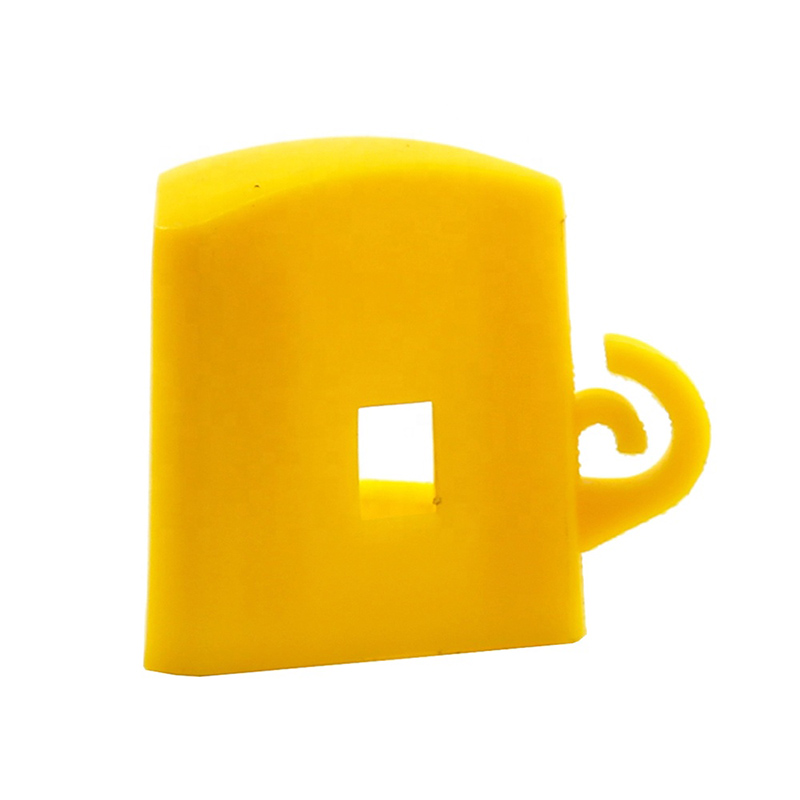
Y Post Cap
Y Posts Caps is also called safety cap or Star picket caps. It used for Y star picket . It can cover sharp edges of Y posts. Type Size(L x W X H) Thickness Weight Round 57x57x60mm […]
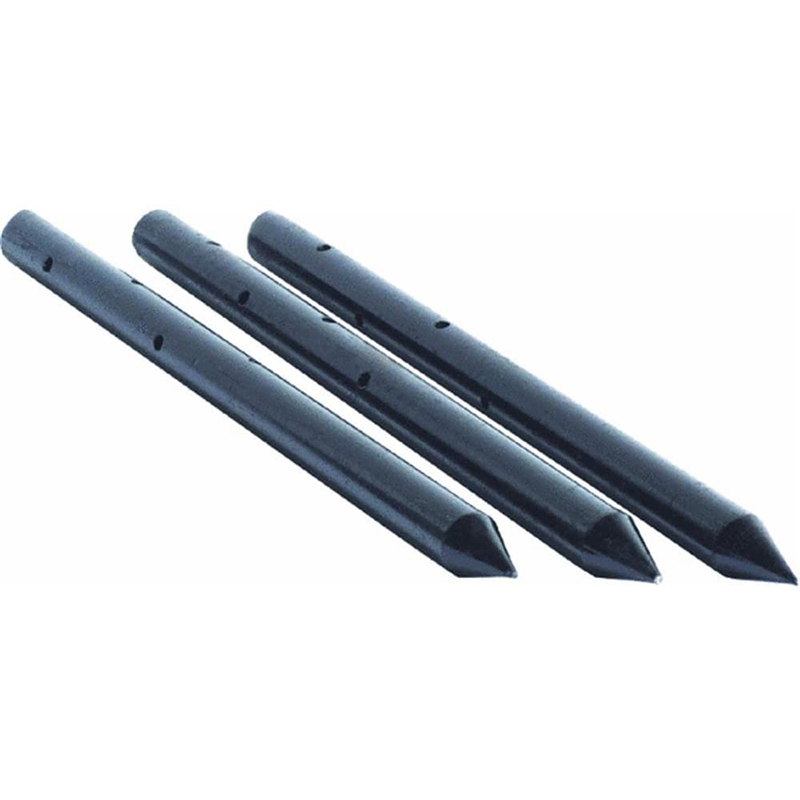
Nail Stake
Product information: Description Unit Pallet Weight(kg) 3/4″x12″ 10pcs/box 150boxes/pallet 0.6200 3/4″x18″ 10pcs/box 100boxes/pallet 0.9250 3/4″x24 […]
Post time: 2023-08-07

